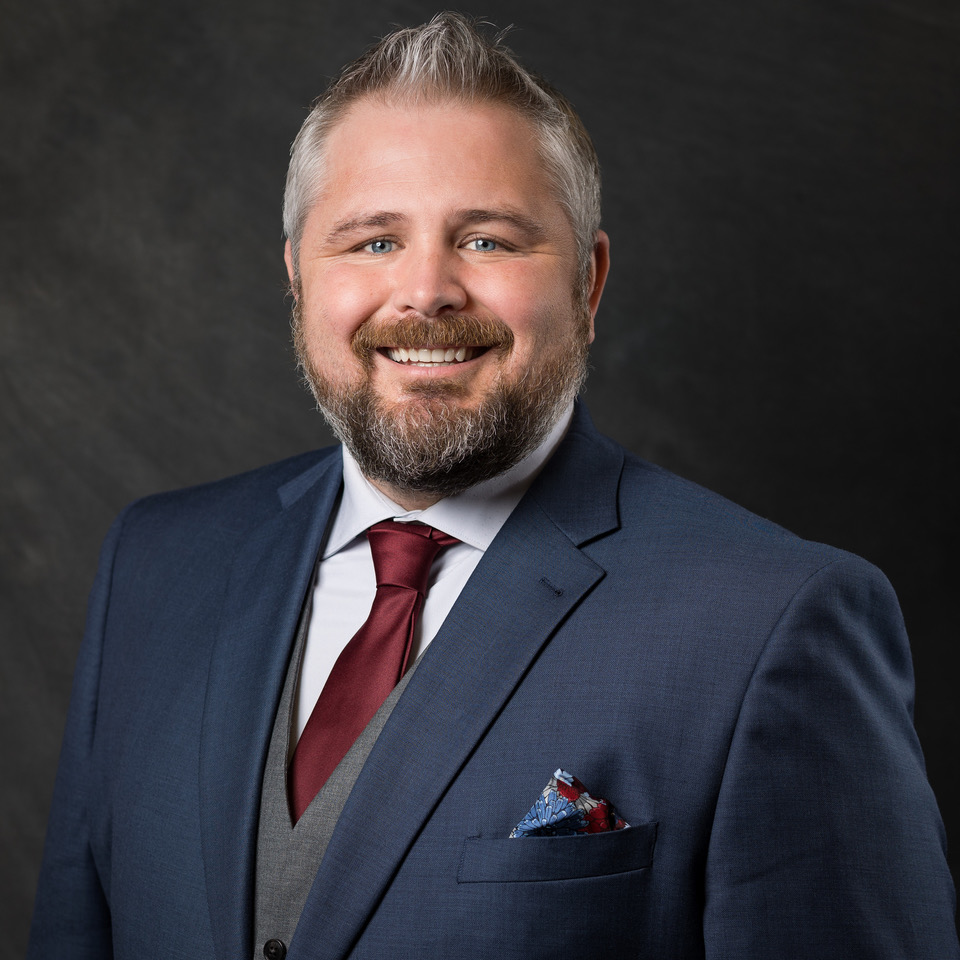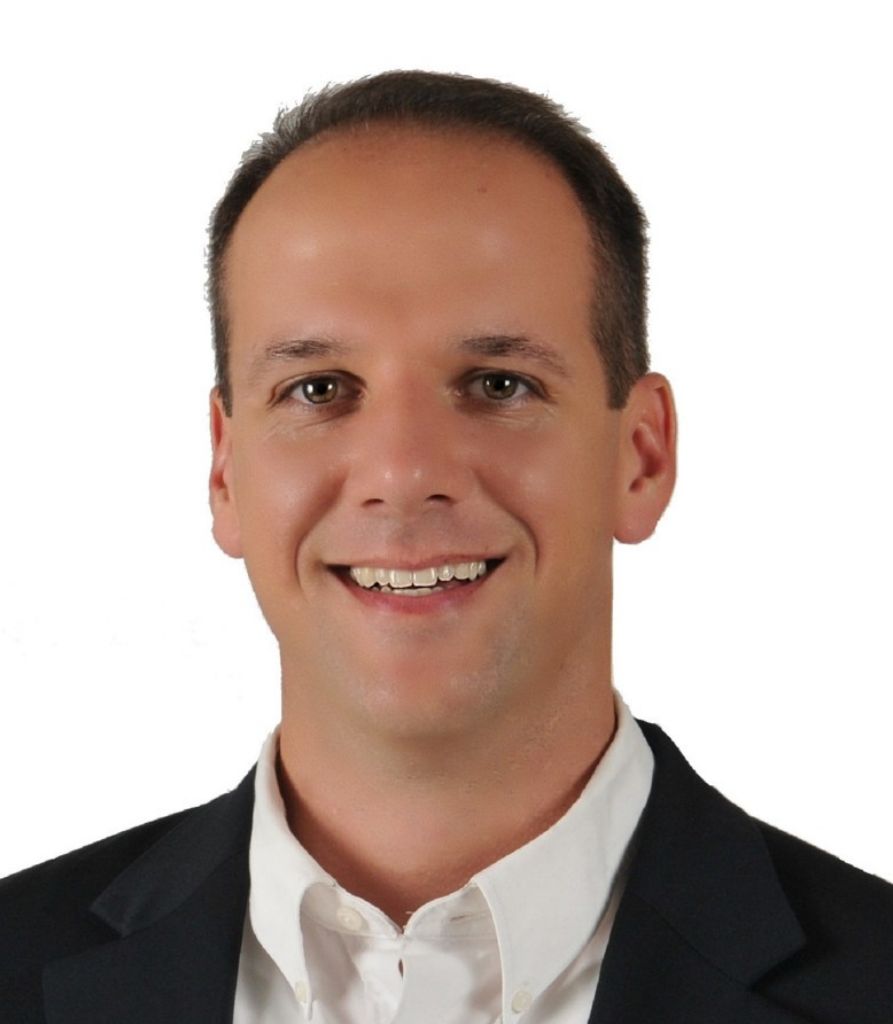By Mark Ziety, CFP®, AIF®, Financial Advisor, WisMed Financial
A financial plan is like a roadmap that helps you navigate through the twists and turns of life, whether you’re saving up for a new car or preparing for retirement. Think of it as your secret weapon to achieving your financial goals and living your best life.
Now, let’s break it down into the three scenarios we all share: a long healthy life, getting sick along the way or passing away early. We need to be prepared for all of them, and that’s where financial planning comes in handy.
Cash Flow
You might call it a budget, but we like to call it the “4 Fs.” It’s like a secret formula to financial success! You just need to know your:
- Fixed expenses (the boring stuff like housing and utilities)
- Future expenses (like saving for retirement or your next vacation)
- “F”ilanthropy expenses (how much you want to give back to your community)
- Fun expenses (the things that make life worth living!)
Once you have these figures down, you can put your cash flow to work and watch your bank account grow.
Eliminating Debt
We all know it’s easy to fall into the trap of overspending. But a good financial plan will help you avoid that and pay off any debt you already have quickly.
Insurance
We might not like to think about it, but getting sick or passing away early is a possibility for all of us. That’s why having the right insurance and right amount is crucial. Health insurance, disability insurance and life insurance are all important components of a good financial plan.
Investing
A well-diversified portfolio with the right asset allocation and asset selection can help you achieve your financial goals. And don’t forget about asset location, putting the right investments in the right account, which can make a big difference in your after-tax returns. Bonus: check out the 7 proven ways to improve performance.
Retirement
Retirement is often the biggest topic that financial planning covers. How much do you need to save for retirement? When should you start withdrawing your money? Which account should you use first? And when should you start taking Social Security? These are all important questions that a good financial plan can help answer.
College
If you have children, college planning is often important. Saving for college is just the beginning – picking the right school that offers grants and scholarships can help cover the costs.
Tax
Taxes can be a huge expense for most people, which is why tax planning is a crucial part of a financial plan. By creating a strategy to manage your taxes, you can keep more money in your pocket.
Estate Plan
Finally, estate planning is something everyone should consider. Who will take care of your finances and health care if you become incapacitated? Who will take care of your children if something happens to you? A good financial plan should include a will, health care and financial power of attorney documents, beneficiary designations and possibly a trust.
Phew! That’s a lot to consider, but don’t worry – you don’t have to figure it all out on your own. A financial planner can help guide you through the process and create a personalized plan to help you achieve your financial goals. Are you ready to take control of your finances and start living the life you deserve?
For personalized help eliminating debt, investing smart and securing retirement, please contact Mark Ziety, CFP®, AIF® 608.442.3750.
Mark Ziety, CFP®, AIF®
WisMed Financial, Inc. part of the Wisconsin Medical Society






